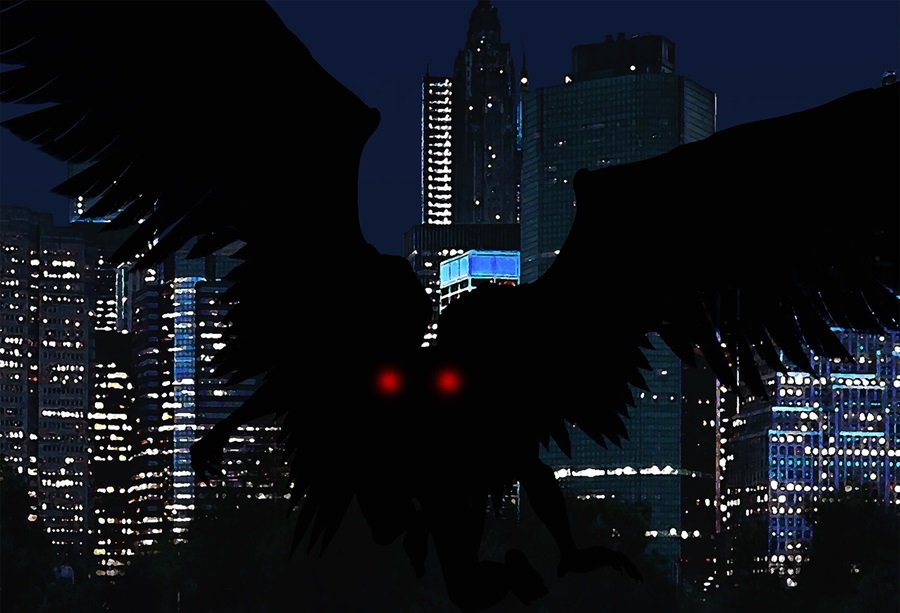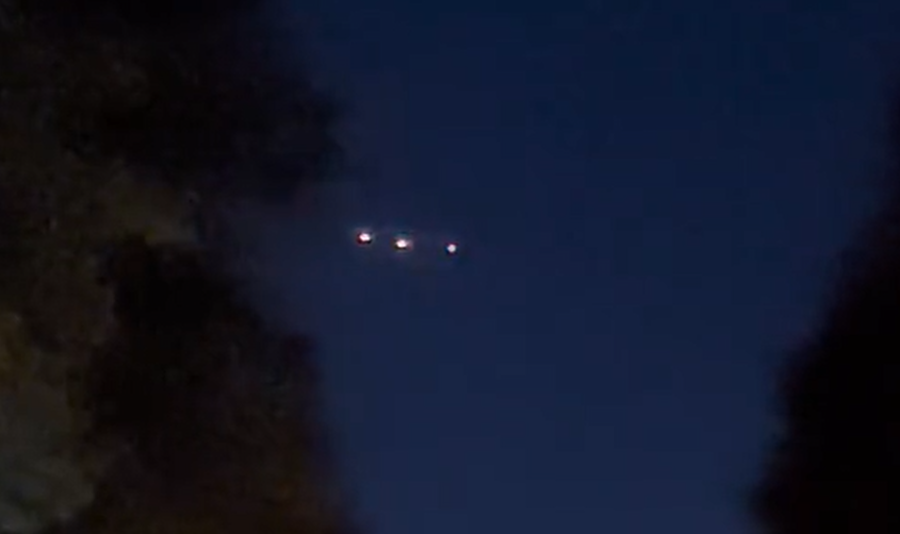Montana Tech Professor Says UFO Occupants Could Be 'Our Own Distant Descendants'
Dr. Michael P. Masters is a professor of anthropology at Montana Tech. (KXLF News / YouTube)
Montana Tech professor of anthropology Dr. Michael P. Masters recently released a book in which he posits that UFO occupants could be “our own distant descendants.”
Identified Flying Objects: A Multidisciplinary Scientific Approach to the UFO Phenomenon, published March 2nd, 2019, "cautiously examines the premise that extraterrestrials may instead be our distant human descendants, using the anthropological tool of time travel to visit and study us in their own hominin evolutionary past."
Masters, who completed his PhD at the Ohio State University in 2009, has taught biological anthropology, cultural anthropology, archaeology, economic anthropology and globalization, sociology, and cultural diversity. In his new book, he uses anthropological science to explain the human-like attributes of reported ufonauts.
“The phenomenon may be our own distant descendants coming back through time to study us in their own evolutionary past,” Masters told KXLF. “The extra-tempestrial are ubiquitously reported as being bipedal, [and] upright-walking, [with] five fingers on each hand and foot, [and] bi-lateral symmetry that they have two eyes, a mouth, a nose, [and] they can communicate with us in our own languages.”
Masters is willing to stand behind his work as an academic, and hopes to help erode some of the stigma surrounding UFOs.
“I stand by the product. I’m happy to talk about it with anyone. It’s written for my academic peers as much as it is for anyone in the UFO community," he said. “The hope is we can begin a new dialogue, get past some of the stigma and not have to defend this as science because it is very scientific as well."
Masters is slated to appear on Coast to Coast AM on Thursday, March 28th to discuss his book.
If you enjoyed this article and would like to support the Singular Fortean Society, please consider becoming an official member by signing up through our Patreon page—membership includes a ton of extra content and behind-the-scenes access to the Society’s inner workings.
















